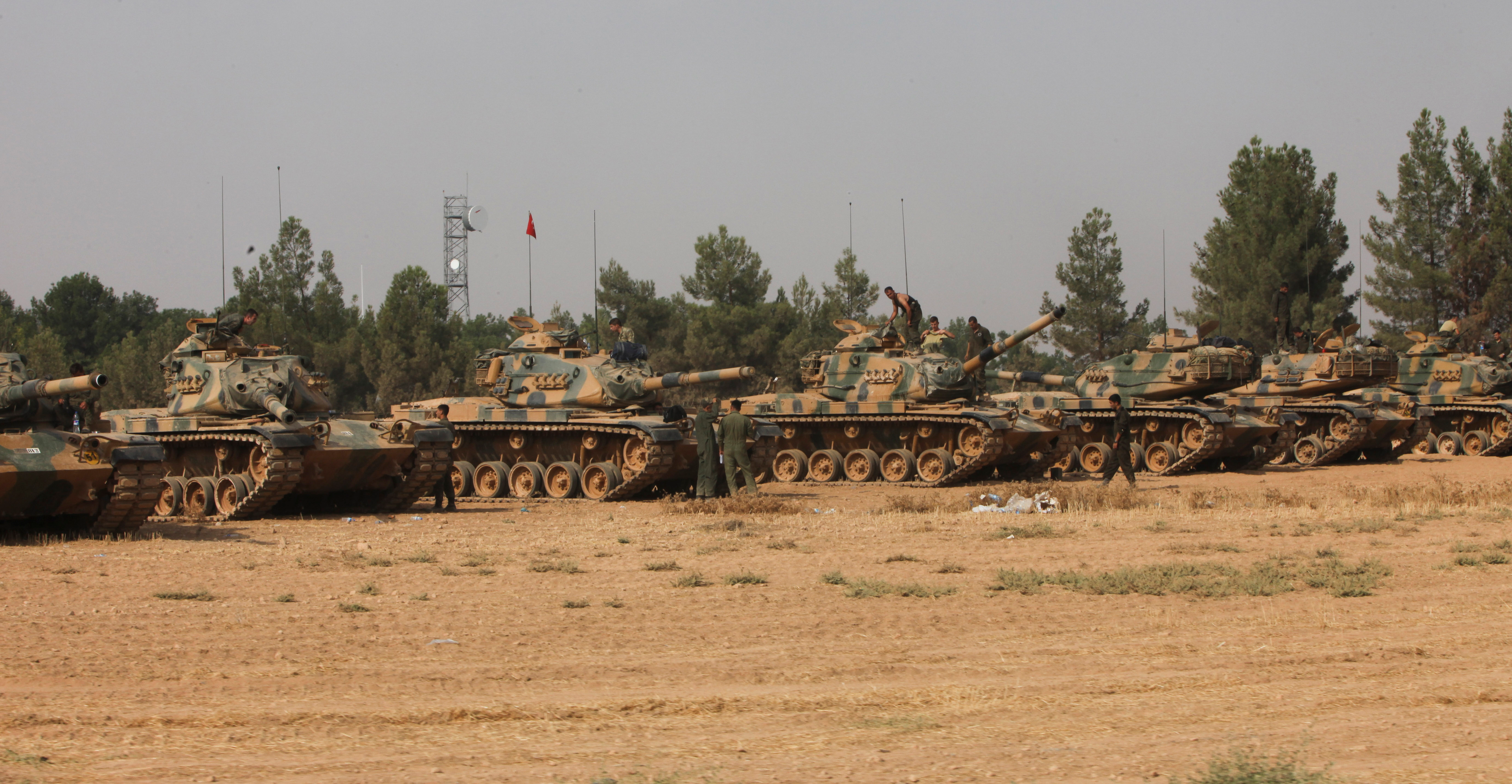America's Betrayal Of The Kurds, Explained
Over the past two weeks America's power, prestige, and moral authority abroad have taken a body blow: President Donald Trump abruptly decided to withdraw U.S. forces from key a region in Syria. The decision to withdraw resulted in America's Kurdish allies, one of Washington's most loyal allies in the region, exposed to a military offensive by another one of America's allies, Turkey. Here's what's going on.
First, let's define what's at stake.
The Kurds are an ethnic group native to the northern Middle East. There are between 25-35 million Kurds spread across the world, mostly in Turkey, Iraq, Syria, and Iran, with a diaspora numbering in the millions in Western Europe and Central Asia. The Kurds are so spread out, from Sweden to Azerbaijan, that nobody seems sure how many Kurds there really are.
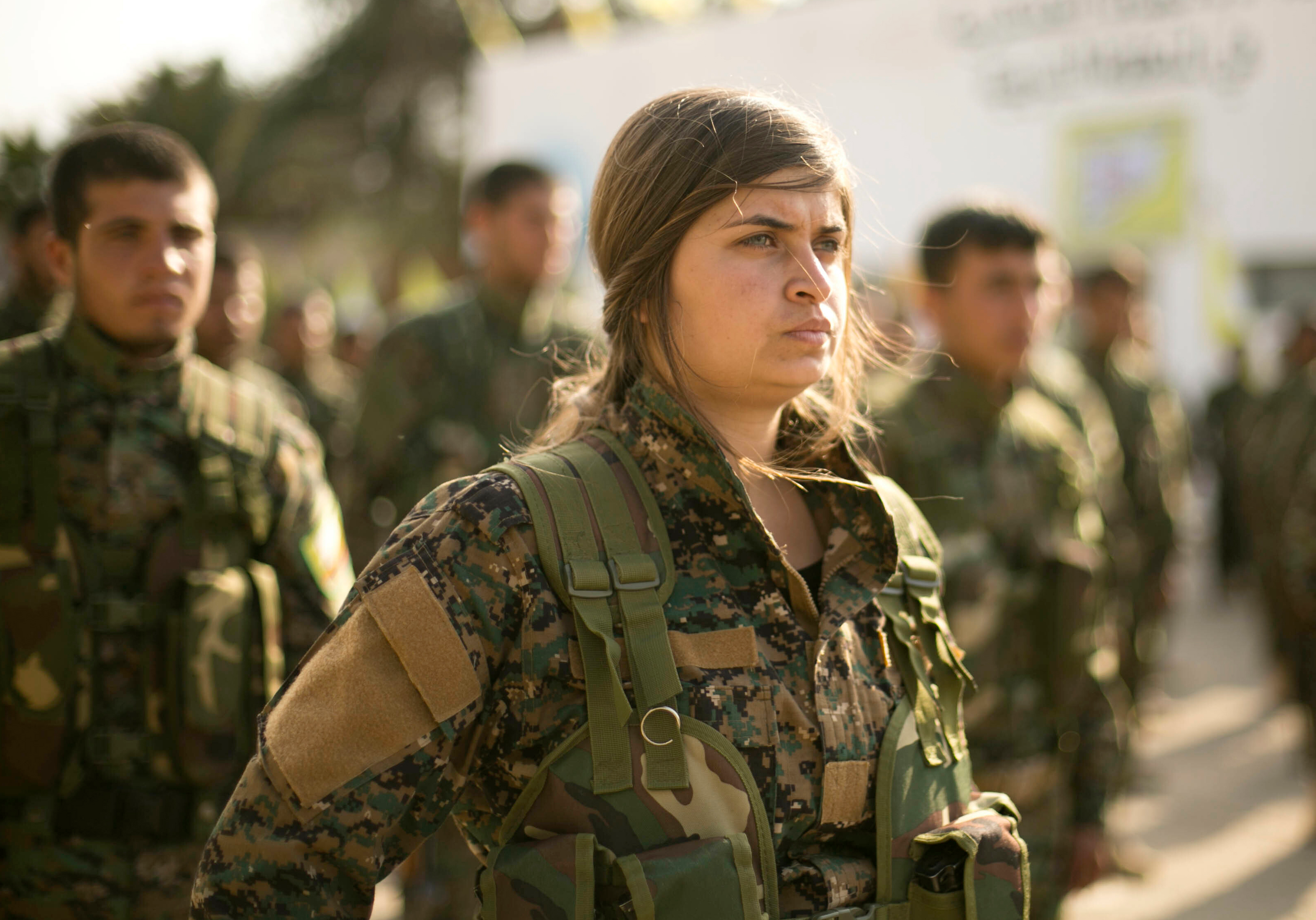
As a group, they retain a powerful sense of identity, united by a common language, culture, and desire for a Kurdish homeland, an independent Kurdistan. This has led, until recently, to an uneasy truce, with Kurds controlling much of northern Syria with the help of Americans.
Turkey, across the border, is also home to several million Kurds, who make up about fifteen to eighteen percent of the population, mostly in the east of the country. Ankara has traditionally treated its largest ethnic minority with a heavy hand, prohibiting the teaching of Kurdish and suppressing any sense of Kurdish cultural (and national) identity.
This, as well as a Kurdish desire for a homeland, has spurred resentment of Turkish rule and several Kurdish uprisings. The Kurdistan Workers Party, abbreviated as PKK, is a militant organization, terrorist group, or band of freedom fighters—depending on your point of view—fighting for self-rule. Turkey, the PKK, and other Kurdish groups have clashed repeatedly over the last hundred years.
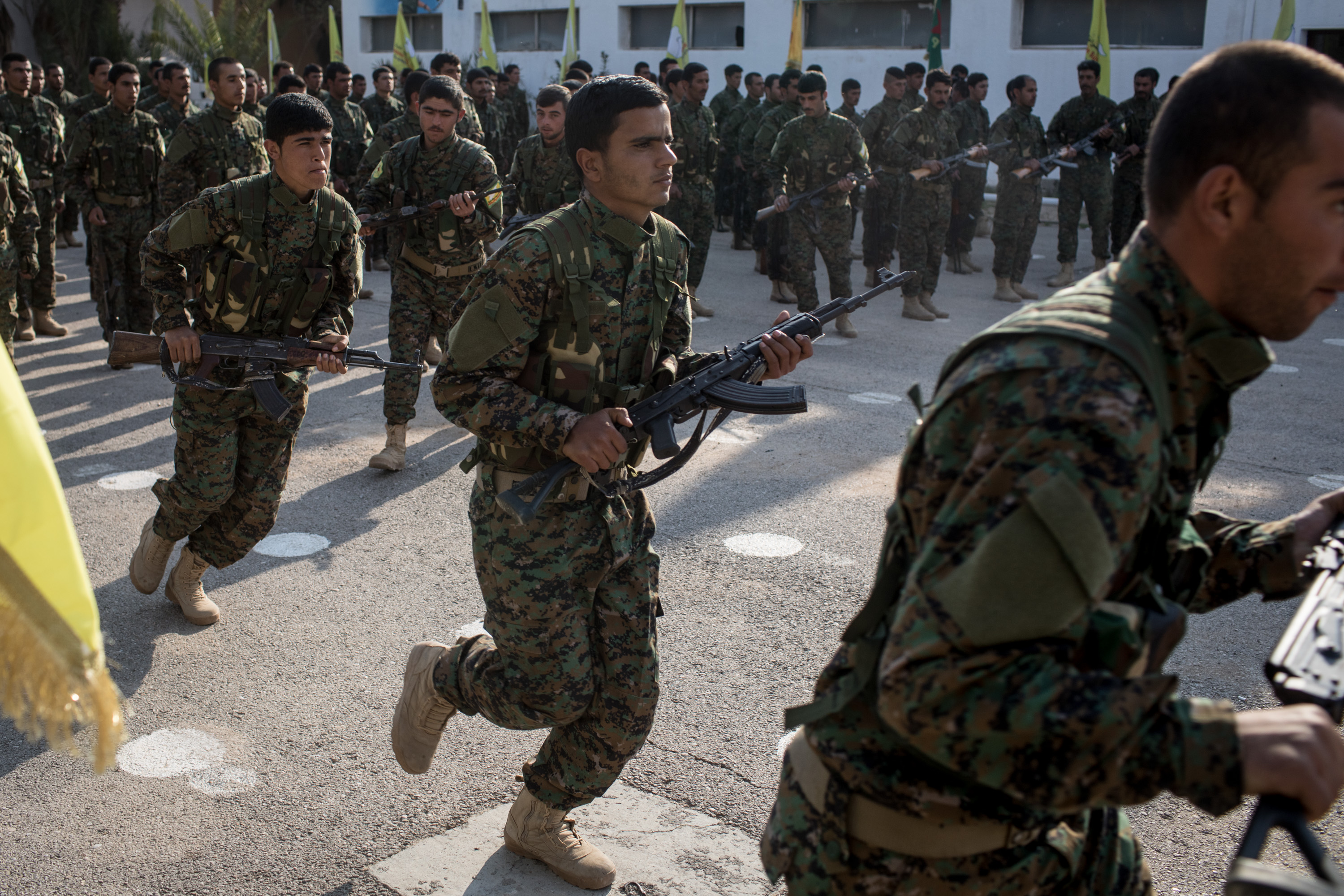
The Syrian Civil War and the rise of the Islamic State saw the arming of several ethnic and religious groups, including a Syrian Kurdish group known as Kurdish People's Protection Unit. The PPU changed its name in 2015 to the Syrian Democratic Front in an attempt to rebrand itself as something less Kurd-centric. The SDF has been a loyal ally to the United States and Western forces fighting the Islamic State. U.S. special forces, including the secretive Delta Force, have worked closely with SDF troops to rollback the Islamic State.
Turkey is not so much of a fan of the U.S.-SDF alliance. In Turkey's view, anything that increases the relative power of Kurds is at Ankara's expense. Turkish forces staged an armed incursion into Syria in 2016 on the pretext of going after ISIS but also went after armed Kurdish groups.
About 2,000 U.S. troops serve in northern Syria, many in a buffer separating Turkish and SDF forces. On Monday, October 7th, following a phone call between President Trump and Turkish President Recep Tayyip Erdogan, Trump abruptly endorsed a new Turkish military incursion into Syria and the withdrawal of U.S. troops in the buffer zone. ISIS is largely defeated, so you can guess who the target is.
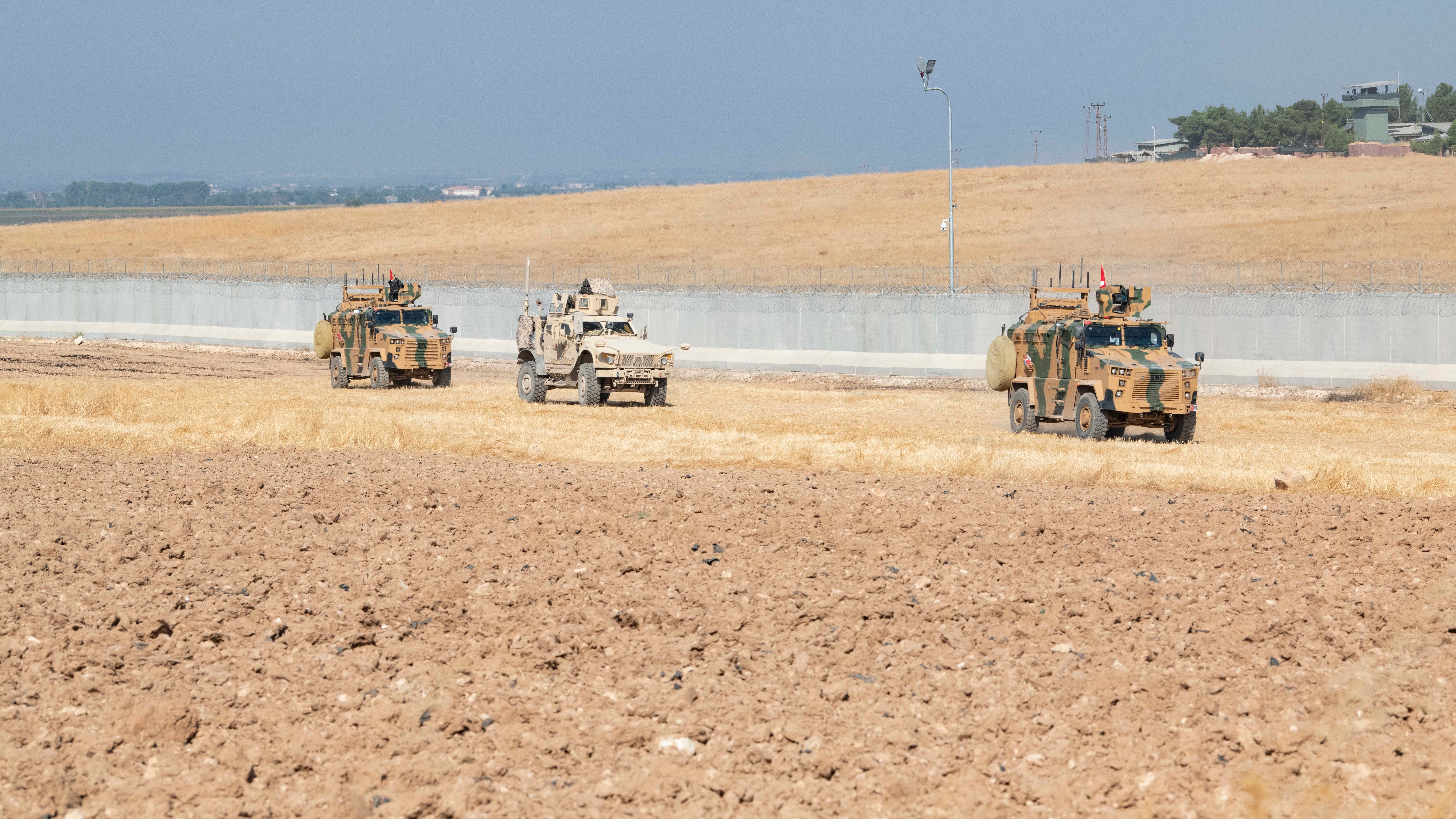
The Kurdish people already have plenty of reasons to mistrust the American government. In the 1970s, the U.S. provided aid to the Kurds and encouraged them to attack the regime of Saddam Hussein in Iraq, on the grounds that Iraq had become a Soviet client state. It later canceled the operation and left the Kurds flapping in the breeze.
In 1991, U.S. President George Bush, stung by accusations he had left Hussein in power after the liberation of Kuwait, encouraged Iraqis to rise up and remove Hussein themselves. The Shiites in the south of Iraq and Kurds in the south promptly did so—but received no American aid. (To be fair, none was explicitly offered.) Saddam's armed forces counterattacked both uprisings and the U.S. was forced to set up no-fly zones to stop the Iraqi Air force and establish safe havens for Kurdish refugees.
And so Trump's decision is in many ways keeping with historical precedent. News accounts frame the decision as an attempt by Trump to stick to his campaign promises, in this case, the pledge to end "ridiculous endless wars." In a series of tweets, Trump stated:
The Kurds fought with us, but were paid massive amounts of money and equipment to do so. They have been fighting Turkey for decades. I held off this fight for almost 3 years, but it is time for us to get out of these ridiculous Endless Wars, many of them tribal, and bring our soldiers home. WE WILL FIGHT WHERE IT IS TO OUR BENEFIT, AND ONLY FIGHT TO WIN. Turkey, Europe, Syria, Iran, Iraq, Russia and the Kurds will now have to figure the situation out, and what they want to do with the captured ISIS fighters in their "neighborhood." They all hate ISIS, have been enemies for years. We are 7000 miles away and will crush ISIS again if they come anywhere near us!
As part of Trump's decision, 100 to 150 U.S. troops were removed from the Turkish border on Sunday, as well as another 24 on Monday.
And while Trump may frame this as extricating the U.S. from an endless war, there's no real way of knowing what drove Trump's decision. And its repercussions going forward will be similarly hard to know.
From The New York Times:
The immediate winners were Turkey and its Syrian Arab proxies, who had captured over 75 square miles of previously Kurdish-held territory by the end of the weekend.
The Islamic State might also profit from the instability, since Kurdish-led fighters no longer have the manpower to root out remaining militant cells or to guard roughly 11,000 captured ISIS fighters detained on Kurdish-held territory. The Kurds also operate more than a dozen camps for displaced families, in all holding tens of thousands of people, many of them the wives and children of Islamic State fighters.
The Syrian government is another beneficiary: On Sunday, the Kurdish authorities allowed Syrian troops to return to large parts of northern Syria in which they had no presence for more than half a decade.
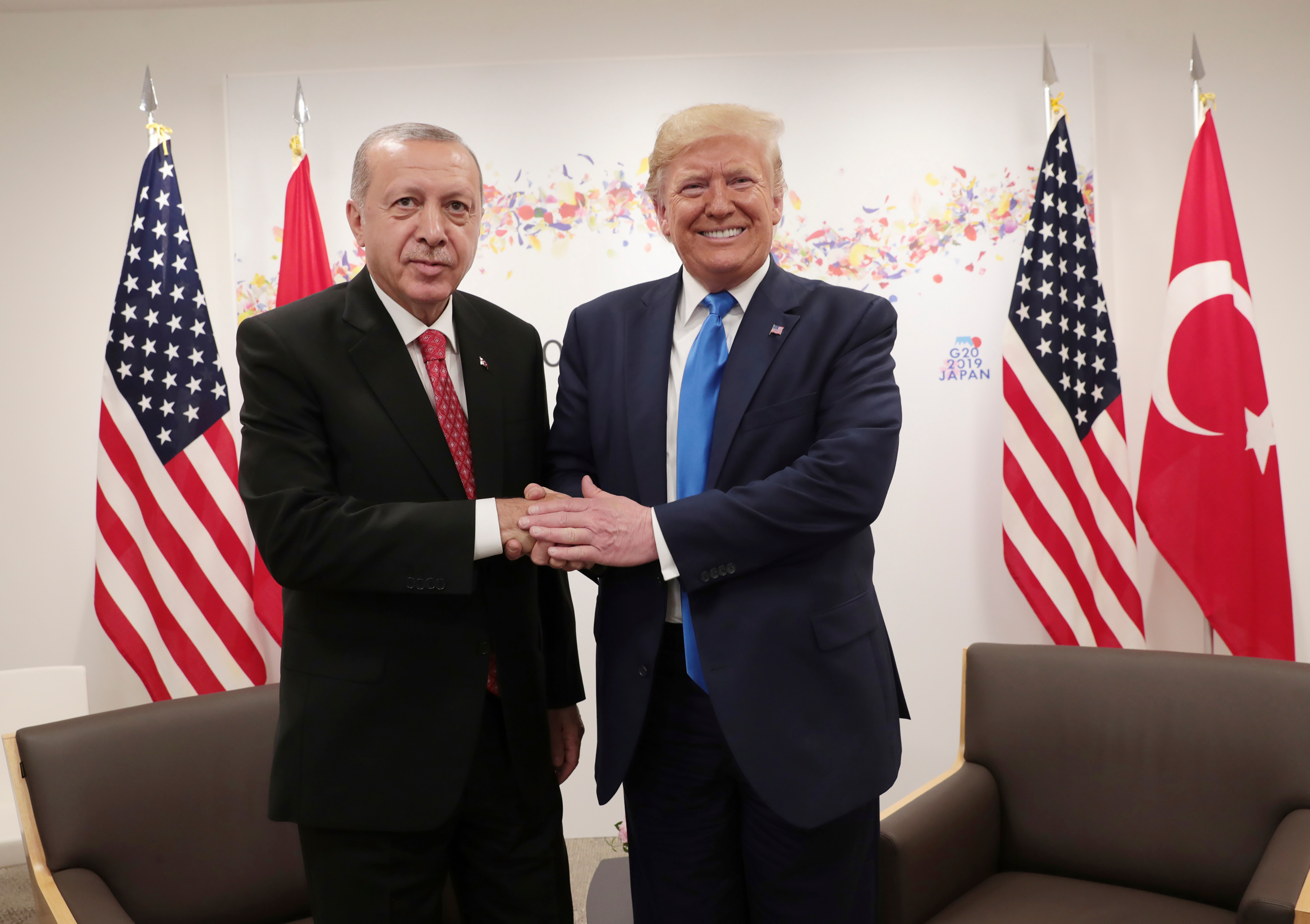
Meanwhile, lurking in the foreground is Russia.
In Syria, Russia stuck by its ally, President Bashar al-Assad, even as the American strategy shifted. Russia's often brutal airstrikes against the Assad regime's foes helped turn the tide in the Syrian war and establish Moscow as a key power player in the Middle East.
As if to drive home the point, Mr. Putin landed in Riyadh on Monday for a rare state visit to Saudi Arabia, one of America's closest allies in the region. His armored limousine flanked by an honorary Saudi horse guard, Mr. Putin arrived for talks with King Salman and Crown Prince Mohammed bin Salman focusing on regional security, oil prices and business deals.
"Russia is becoming an important player in the region — whether one likes it or not, it is a fact," Prince Khalid bin Bandar bin Sultan, Saudi Arabia's ambassador to the United Kingdom, said in a public discussion at a London think tank on Monday. "The Russians do to a certain extent understand the East better than the West does."
Trump apparently showed little indication of cooperating with the Turks until he had spoken by phone with Turkish President Erdogan. Exactly what Erdogan said is unclear, but like fellow illiberal strongmen Kim Jong Un, Xi Jinping, and Vladimir Putin, Erdogan seems to have a way with Trump, more so, seemingly than some of Trump's own national security advisors.
A bipartisan coalition of Democrats and Republicans, rare in these polarized times, pushed back against the withdrawal. Trump himself seemed to walk back his deal with Erdogan a bit, warning him via Twitter not to do anything "off-limits":
As I have stated strongly before, and just to reiterate, if Turkey does anything that I, in my great and unmatched wisdom, consider to be off limits, I will totally destroy and obliterate the Economy of Turkey (I've done before!). They must, with Europe and others, watch over...
— Donald J. Trump (@realDonaldTrump) October 7, 2019
The Turks, true to their word, began the offensive almost immediately, with aircraft and artillery executing preparatory strikes over the border in Syria. A ground attack is expected later in the operation, with tanks and armored vehicles sighted at Turkish assembly areas.
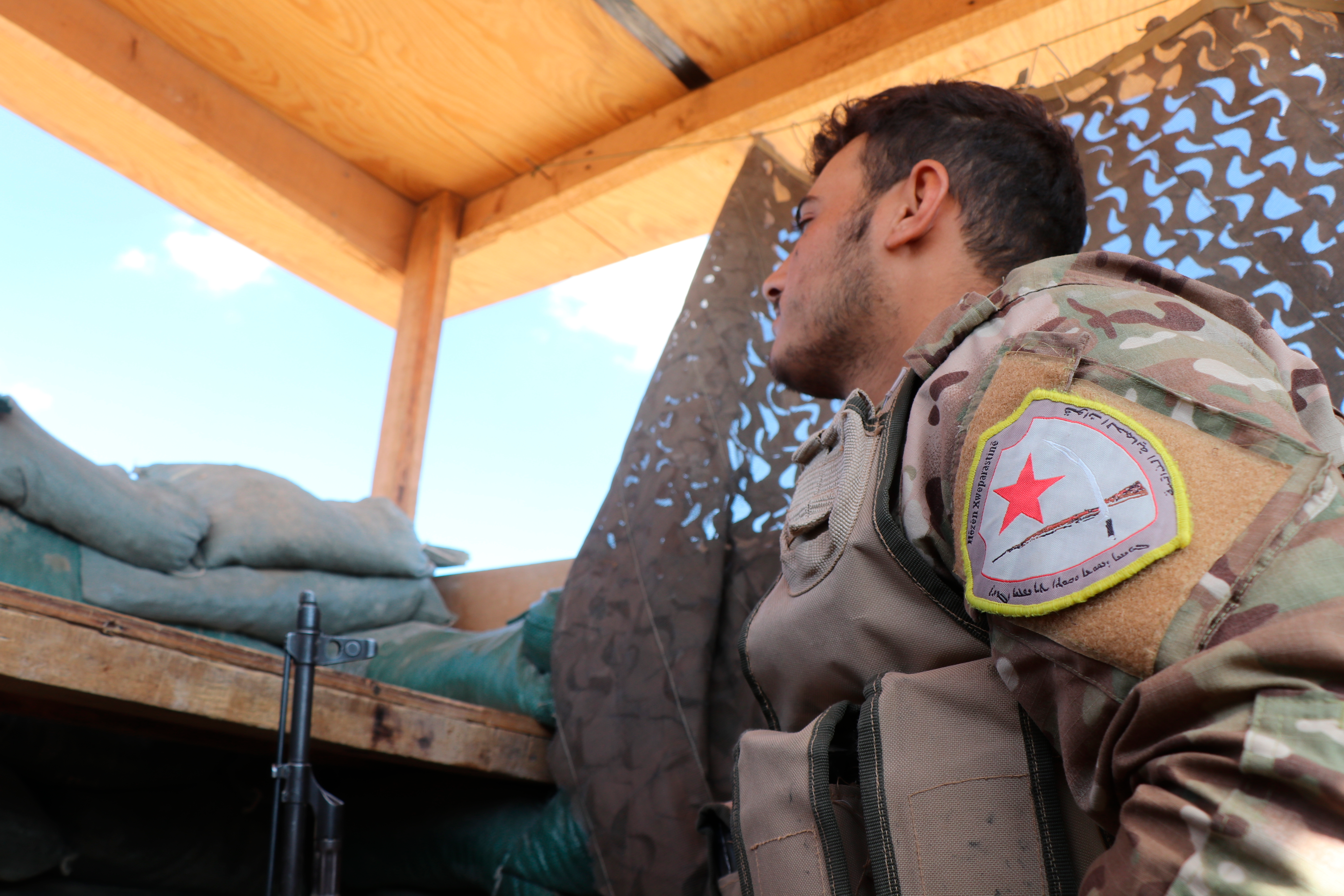
Trump's diplomacy has been largely been transactional: if you do something for Donald Trump, the United States will do something for you. (Ask Ukraine about that.) After all, he already seems to believe the Kurds didn't "help" during the Normandy invasion, which is a baffling point to raise here.
This could end up being extremely dangerous not just for the Kurds, but for the rest of America's allies—and eventually America itself.
